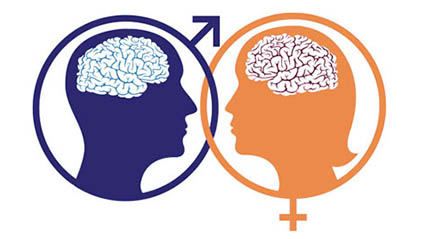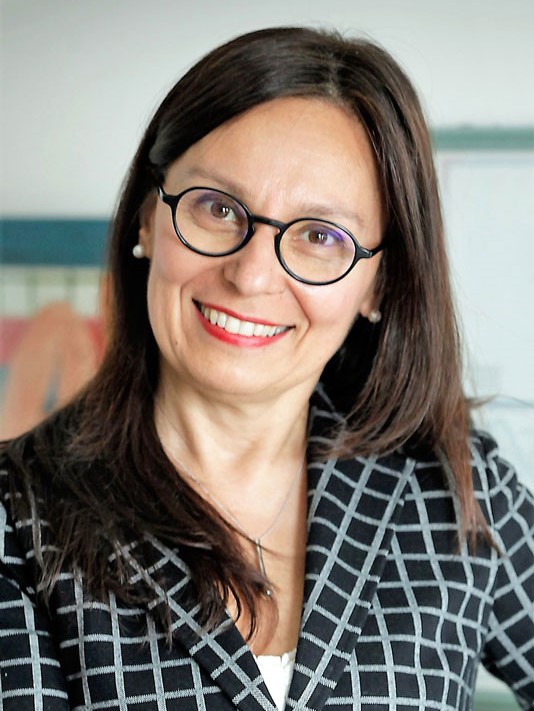Women in science – Equal gender opportunities
18 December 2017

Equal Gender Opportunities
 New Synapsy Perspectives
New Synapsy Perspectives
During the first and second phases of NCCR-Synapsy, several practical actions for the advancement of women were realized, inter alia, via a fruitful collaboration with EPFL’s Equal Opportunities Office. Synapsy’s management has now transferred to the University of Geneva, end of 2017, and this novel environment is offering exciting innovative perspectives for equal gender opportunities. On top of supporting the blooming of LWiN, Synapsy is starting a new collaboration with the Equal Opportunities Office of UNIGE.
To ignite this future collaboration, a first event is organized at the Science Faculty of the University of Geneva on February 26-27, 2018, where Professor Tomas Brage will deliver a series of interventions.
Tomas Brage is a Professor of Physics at Lund University in Sweden. He is a member of the workgroup for Gender of the Leading European Research Universities network (LERU), of the Gender STE COST network and of the GENERA Horizon 2020 project. In his conference, he will combine studies in psychology and anthropology together with personal experiences as a professor of physics to explain gender biases and how to deal with them.
“What does Gender have to do with Natural sciences?”
Natural sciences and especially Physics are often perceived as an objective science and scientists believe they are surrounded by a “culture without culture.” At the same time, class and boardrooms are dominated by men. This is a clear paradox that should awaken the curiosity of anyone.
We encourage Synapsy members to participate!
Gender Equality
A Publication by Claudia Bagni
 Despite women accession to the leading positions in academic institutions improving slowly, a marked gender bias is still occurring. Claudia Bagni and her colleague Patricia C. Salinas from the University College London have published a study on the gender equality topic (Nov 15, 2017 issue of the Journal Neuron).
Despite women accession to the leading positions in academic institutions improving slowly, a marked gender bias is still occurring. Claudia Bagni and her colleague Patricia C. Salinas from the University College London have published a study on the gender equality topic (Nov 15, 2017 issue of the Journal Neuron).
In this publication, Bagni and Salinas review progress and deficiencies made in European institutions during the past 50 years and highlight worldwide promising new initiatives. They urge all stakeholders of academic research to implement an equality plan to ameliorate the gender balance, not solely for the benefit of science, but also for the benefit of society and economy. A research community build by women and men for women and men, where “[…] diversity really matters by making a workplace creative and successful”.
Reference :
Patricia C. Salinas, Claudia Bagni;
Gender Equality from a European Perspective: Myth and Reality.
Neuron 96(4):721-729, Nov 2017. doi:org/10.1016/j.neuron.2017.10.002 >
Author : Yann Bernardinelli
